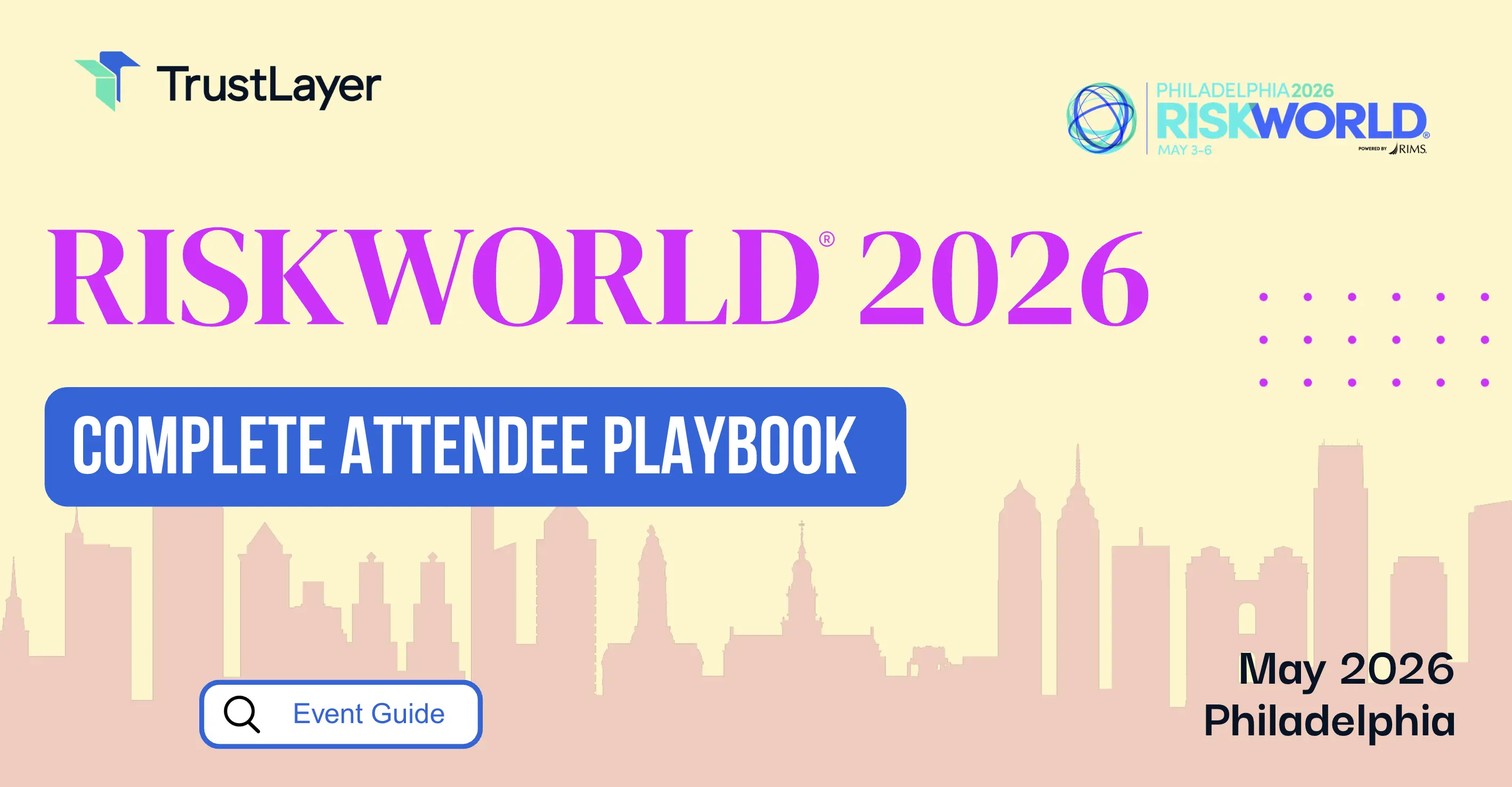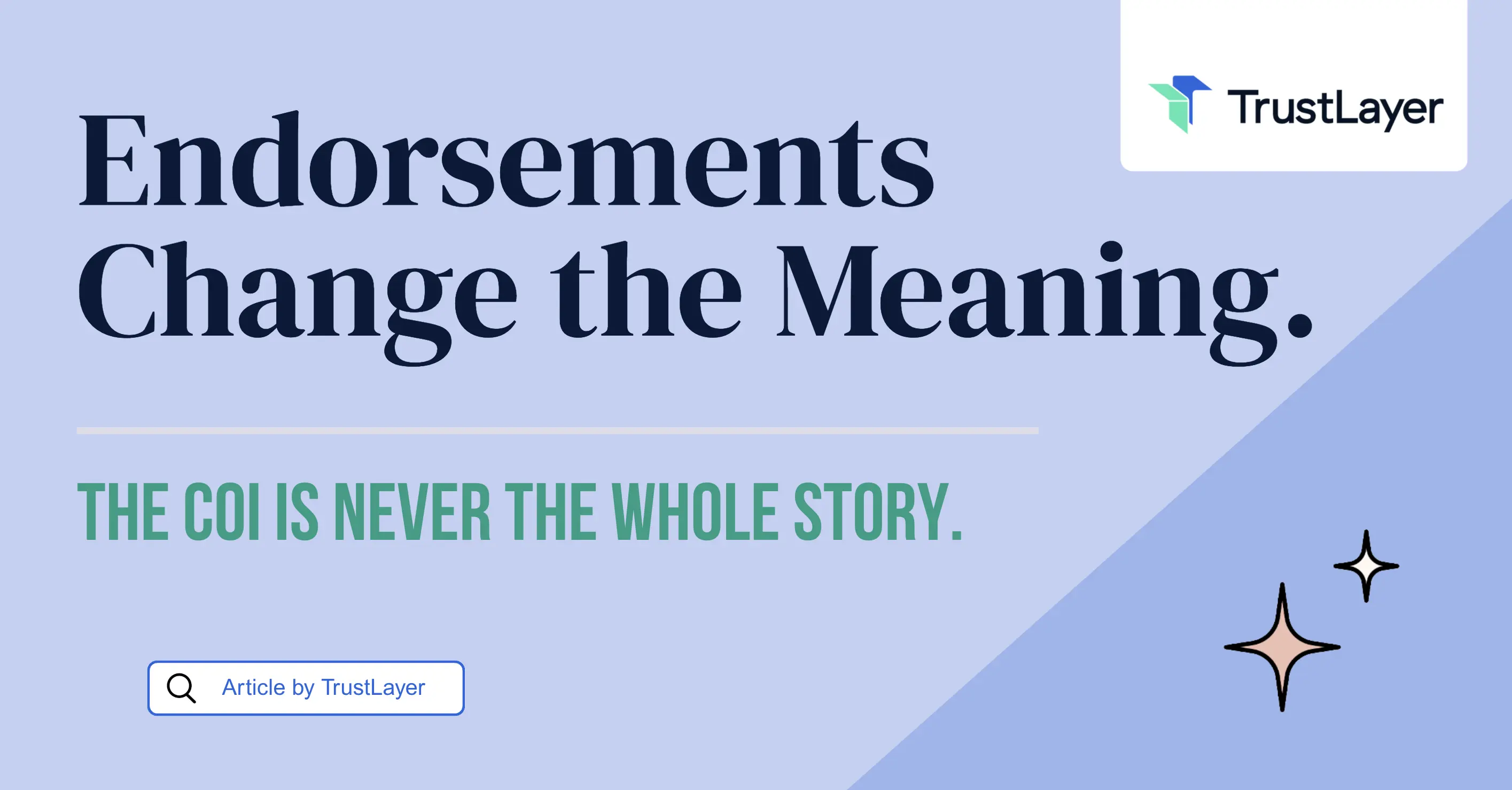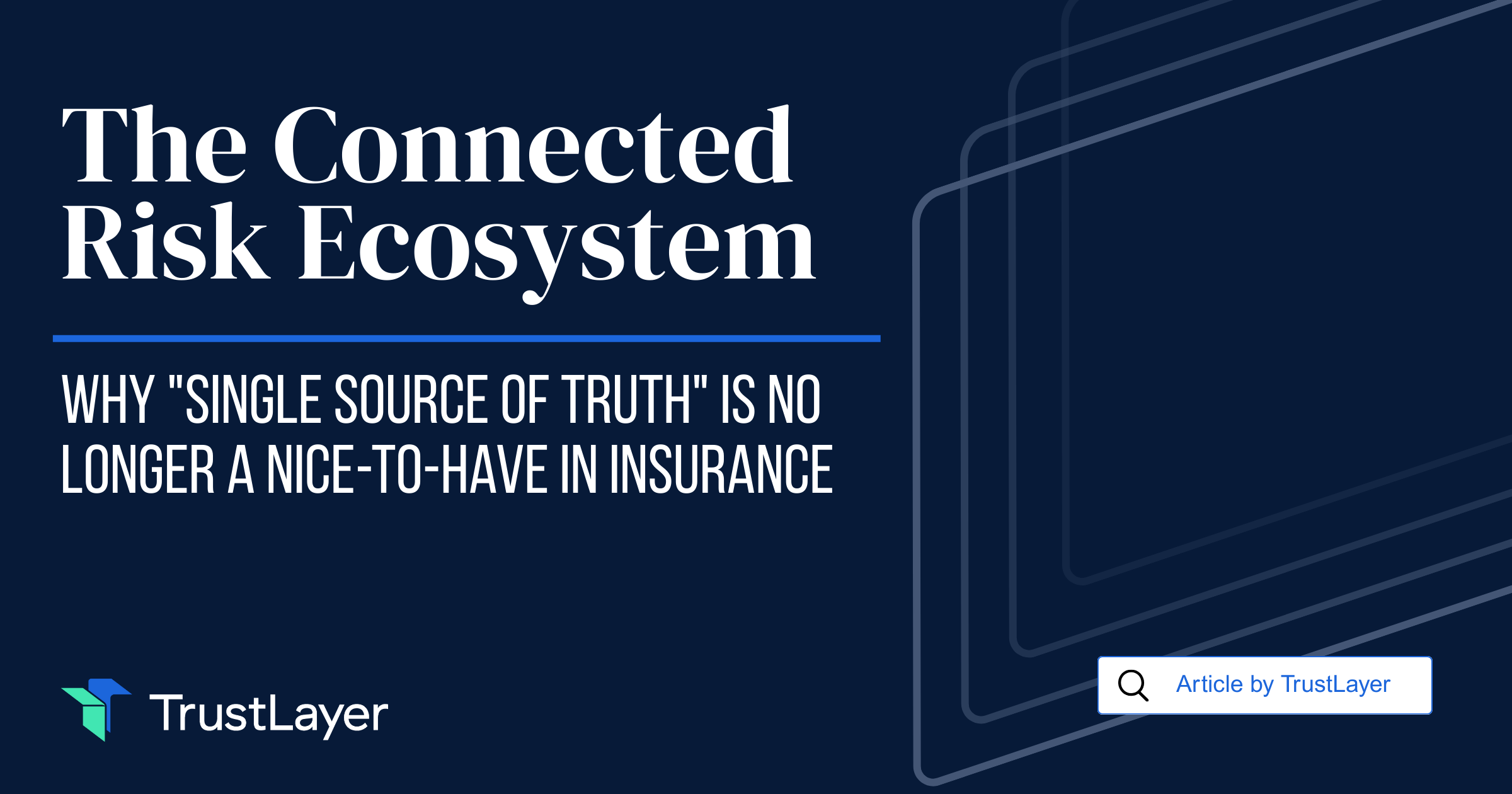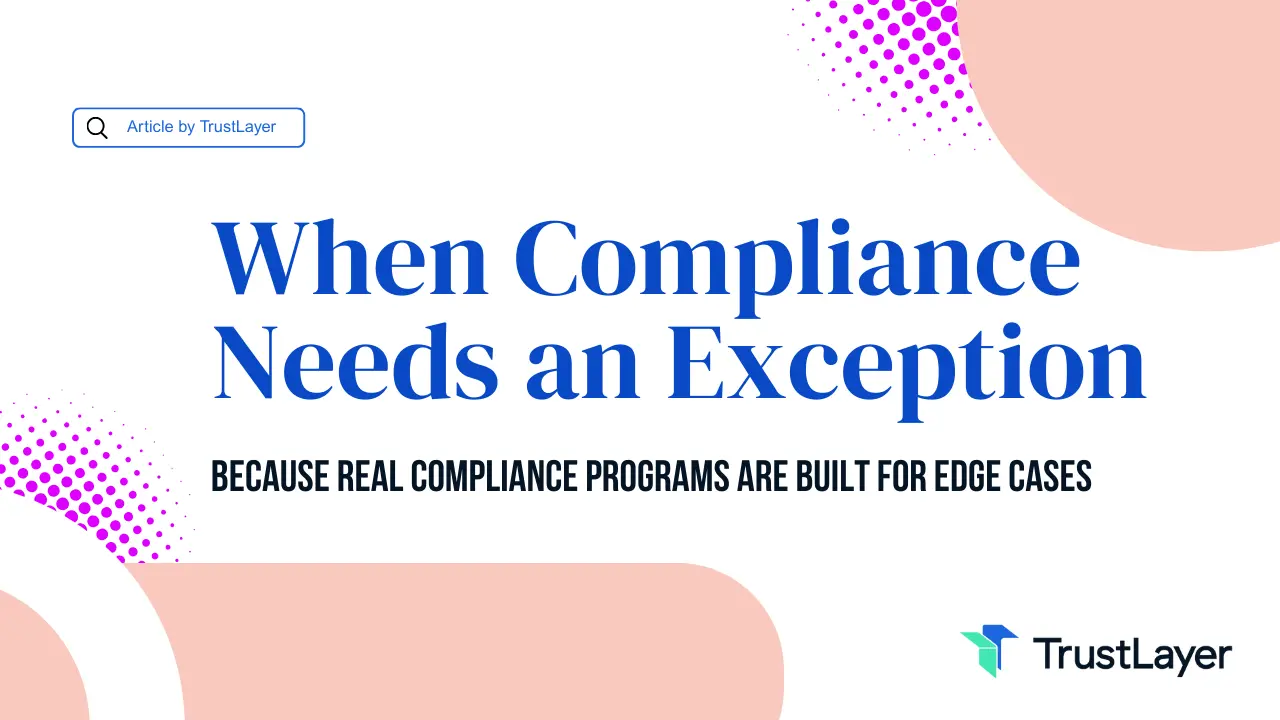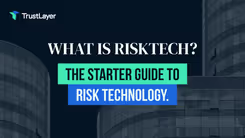Modern Risk Management Plan - 10 Core Beliefs from Experts
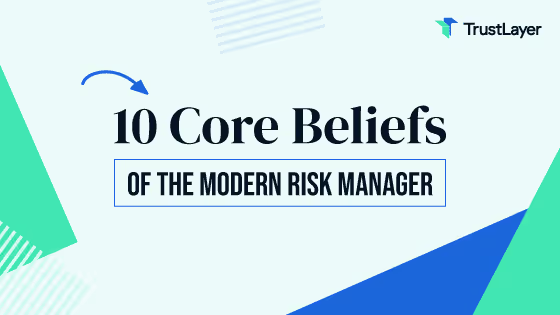
Discover the top 10 beliefs that shape the approach of today's successful risk managers, along with the key tools and strategies they use to manage risks effectively.
Introduction
Risk management has evolved dramatically in recent years, and modern risk managers are now equipped with a unique set of beliefs, tools, and strategies to help them succeed. In this blog post, we'll explore the 10 core beliefs of the modern risk manager and discuss how they utilize these principles to effectively manage risks in today's complex business environment.
1. Proactive Risk Management is Essential
Belief: Identifying and mitigating risks before they materialize is crucial for business success. Tools: Risk assessment frameworks, risk registers, and risk mapping.
2. Continuous Learning and Improvement
Belief: The risk management landscape is constantly changing, so staying informed and adapting to new challenges is vital. Tools: Industry conferences, webinars, online courses, and certifications.
3. Data-Driven Decision Making
Belief: Leveraging data and analytics is key to understanding and managing risks effectively. Tools: Risk analytics software, data visualization tools, and key risk indicators.
4. Collaboration and Communication
Belief: Effective risk management requires open communication and collaboration across departments. Tools: Risk management software, collaboration platforms, and regular risk management meetings.
5. Embrace Technology and Automation
Belief: Utilizing technology and automation can streamline risk management processes and improve efficiency. Tools: GRC (Governance, Risk, and Compliance) software, AI-driven risk analysis, and automated reporting tools.
6. Holistic Approach to Risk Management
Belief: Considering risks across the entire organization, rather than in silos, leads to better overall risk management. Tools: Enterprise risk management (ERM) frameworks, cross-functional risk committees, and integrated risk management systems.
7. Agility and Adaptability
Belief: Risk managers must be flexible and adaptable to respond to emerging risks and changing business environments. Tools: Scenario planning, stress testing, and agile risk management methodologies.
8. Culture of Risk Awareness
Belief: Fostering a risk-aware culture throughout the organization is fundamental to effective risk management. Tools: Risk awareness training, employee engagement programs, and risk communication plans.
9. Regulatory Compliance
Belief: Adhering to regulatory requirements and industry standards is a non-negotiable aspect of risk management. Tools: Compliance management software, regulatory change management systems, and risk-based audits.
10. Ethical and Transparent Risk Management
Belief: Transparent and ethical risk management practices contribute to long-term business success and stakeholder trust.Tools: Corporate social responsibility (CSR) reporting, ethical risk assessments, and transparent risk disclosure practices.
Conclusion
Modern risk managers are guided by these 10 core beliefs, using cutting-edge tools and strategies to navigate an increasingly complex risk landscape. By embracing these principles, today's risk managers can effectively mitigate risks, protect their organizations, and drive long-term success.




